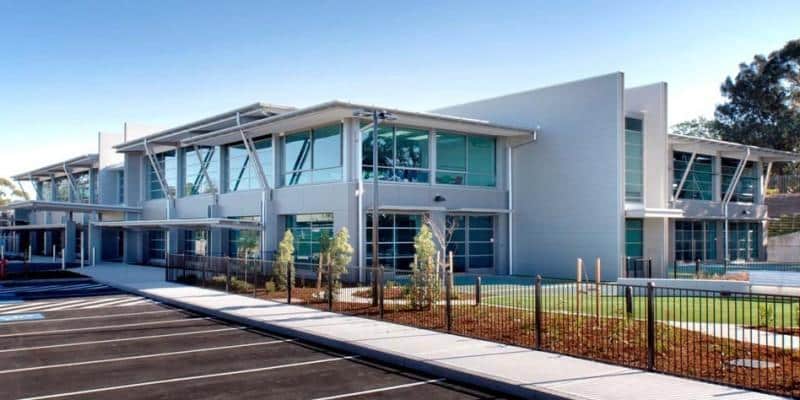Runs On | Time | Suitable For |
|---|---|---|
| Weekly On Wednesday | - | 4-70 years |
Our weekly individual program is designed for participants looking to accelerate their bike riding skills through working one-on-one with an experienced sports coach.
The sessions are a great opportunity to improve social and community participation while keeping fit and active.
Note: This weekly program runs in line with NSW school term dates ONLY.
Contact us directly or complete the form below to enquire.
Our sessions include modified activities that help strengthen the athlete’s basic bike skills and fitness. These include:
Contact us directly or complete the form below to enquire.

This service can be funded by your NDIS package
"*" indicates required fields
We will respond as soon as possible, between Monday-Friday 9:00am - 5:00pm
Infants 12 months or younger are eligible if they have the following:
Risk factors include (but not limited to) prematurity, birth defects, genetic conditions, intrauterine growth restriction, hypoxia-ischaemia, seizures, neonatal stroke, infection
This might include abnormal General Movements, very low scores on standardised assessment (e.g. below 10th percentile on AIMS), poor head control after 3 months, hand asymmetry after 4 months, not able to take weight through feet after 5 months, not sitting at 9 months.
Priority will be given to infants who have not previously seen a neurologist.